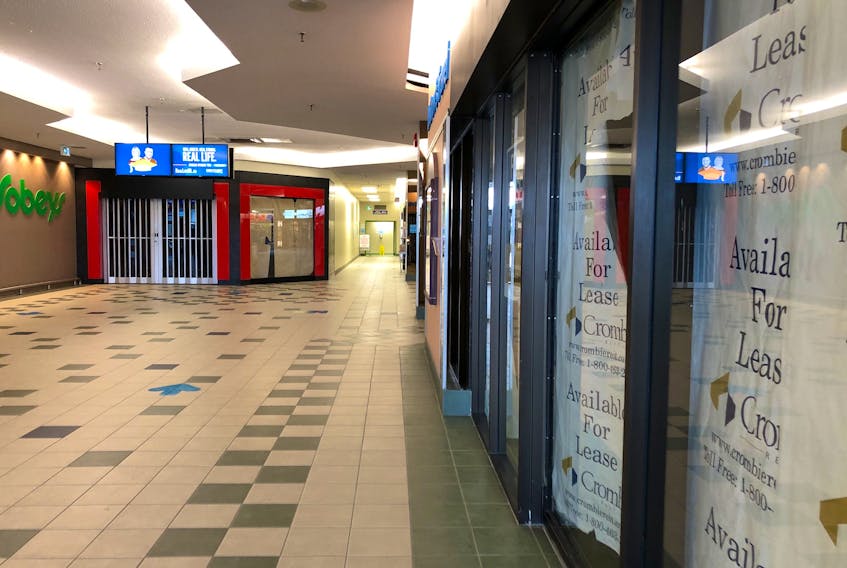A full version of the report is available at the bottom of the story
Businesses, community and provincial leaders can’t wait for everyone to be vaccinated to start planning for economic recovery.
Those discussions must start now, Sheri Somerville, CEO of the Atlantic Provinces Chamber of Commerce said Wednesday
That’s why the chamber commissioned a report from the Atlantic Provinces Economic Council to examine which Atlantic Canadian industries were most affected by COVID-19.
That report, released Wednesday, concludes travel, retail and commodity industries were among the most affected by the pandemic, and that rural areas were more vulnerable to those economic impacts because of their dependence on these industries.
The report examined the industry and economic vulnerability of all 47 counties and divisions in Atlantic Canada.

“The recovery path for each community will be different due to variations in their industry structure,” said Patrick Brannon, lead author and Director of Major Projects for APEC. “Governments should consider the distinctive aspects of urban and rural areas in their plans to support the recovery of all regions.”
The Atlantic Industry Vulnerability Index in the report also shows that Prince Edward Island (36 per cent) and Newfoundland and Labrador (35 per cent) have larger shares of high-risk industries than the rest of the region.
At the county level, there are large differences, with the industry vulnerability index ranging from 18 to to 53 per cent.
Long-term planning
For each county and region, the report also examines indicators of health vulnerability to COVID-19, demographic groups that have had the highest rates of job loss, and structural characteristics that may influence longer-term recovery for each region.
Somerville told SaltWire the chamber commissioned the report to provide data to help start the conversation around long-term planning for recovery.
There have been a lot of ‘moments in time’ studies in the last year, she said, including studies by the Atlantic chamber asking members about the impact of COVID on individual businesses.

Somerville noted APEC’s recent Looking Ahead report on urban and rural dynamics emphasized that rural communities will need immigration to help meet their future labour force needs and to sustain their economic output.
“Atlantic migration trends have improved considerably over the last five years,” says Brannon. “It remains to be seen whether this will continue post-pandemic.”
The vulnerability report released includes a two-page profile— showing vulnerable industries as well as demographics and population data — for each county or economic zone in each province.
“You can’t develop good strategies for economic recovery if you don’t have a line of sight to what all the potential impacts are, community by community,” said Somerville.
The challenges of planning
She added long-term economic planning has been a challenge for businesses and communities during COVID.
In 2020 many of them, including the Atlantic chamber, could only focus on getting through the next three to six months as the region and the country dealt with the pandemic.
Now is the time to start thinking about planning for the long term, she said.
“We need to be thinking about . . . what needs to be done now, not waiting until everyone is vaccinated.
“Business is not a light switch. It just doesn’t turn on and off at will.”
The APCC hopes its report will help kick start economic recovery planning in towns and regions.
The conversation shouldn’t be limited to chamber board meetings and individual town councils, Somerville added.
“It’s really going to be an all-hands-on-deck approach. Coming out of COVID people are going to be . . . looking for guidance from the premiers of each province, as well as mayors of local communities.
“You’ll need a robust working group around the table (including) councils, Chambers of commerce, economic development groups, tourism organizations and so on.”
Somerville said she hopes people having those conversations will find this report helpful and the data informative.









